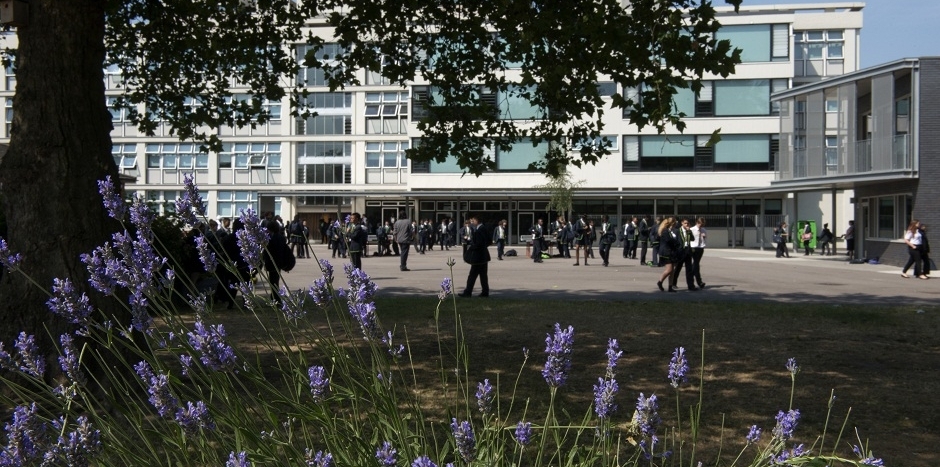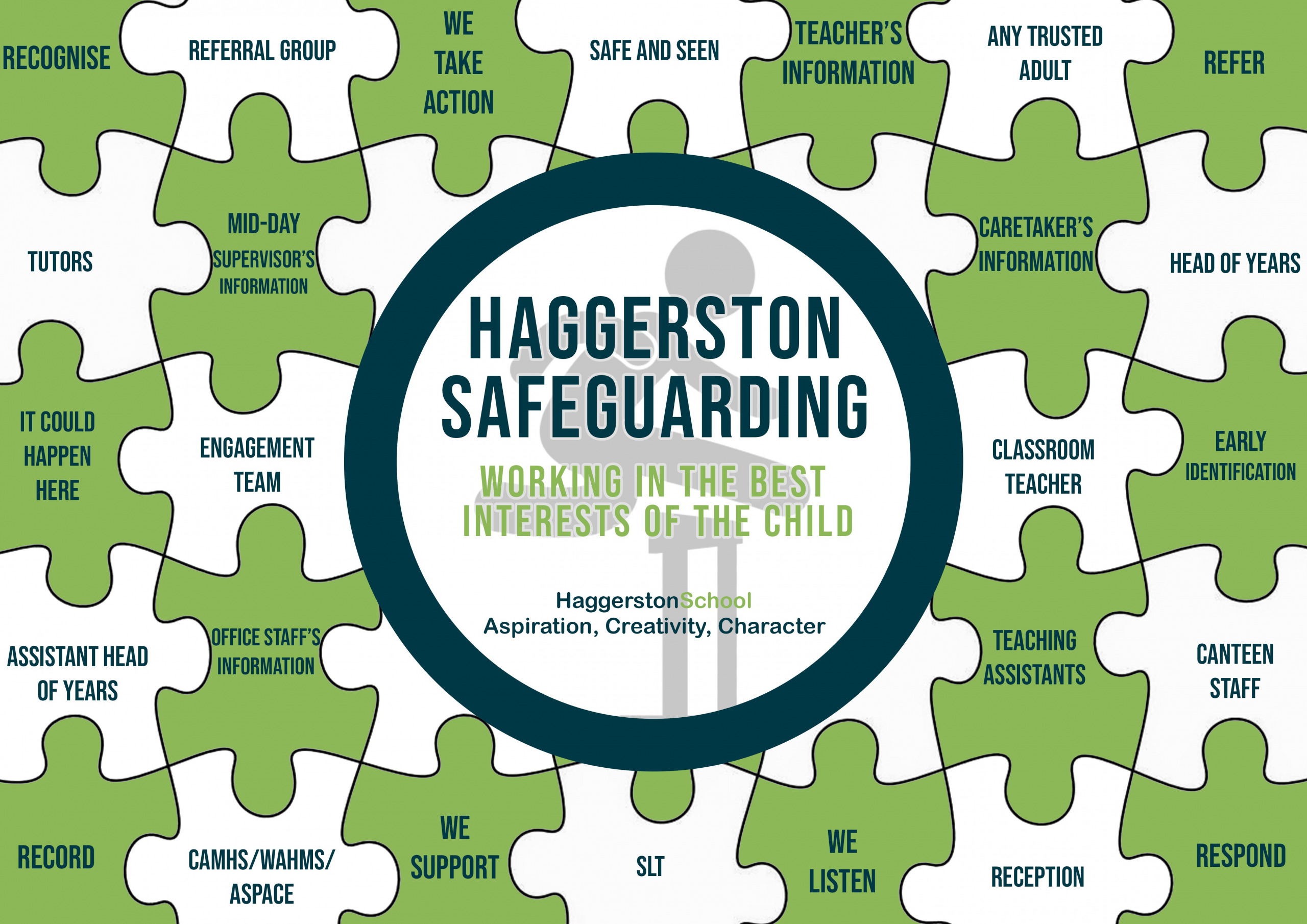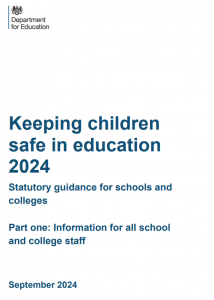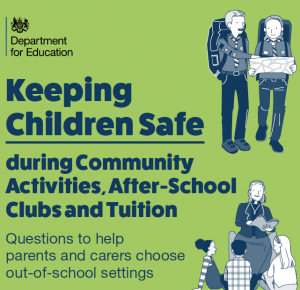
Safeguarding
Contacts for Safeguarding and Child Protection
- Designated Safeguarding Lead: Rachel Ray-Choudhuri (Deputy Headteacher)
- Lead Safeguarding Officer: Kelsey Ramsey
- Safeguarding Officer: Tanise Codling
- Safeguarding Professionals:
- Noz Ahmed – Assistant to the Head of Year 7
- Heather Annan – Assistant to the Head of Year 8
- Latisha Antoine – Assistant to the Head of Year 9
- Mariah McNamara – Assistant Head of Year 10
- Teri Willing – Assistant to the Head of Year 11
- Cetisha Forbes – Assistant to the Head of Sixth Form
- Safeguarding Group email: haggerstonsafeguarding@
haggerston.hackney.sch.uk
- Hackney Children and Families Services Multi Agency Safeguarding Hub (MASH) on 020 8356 5500 or email MASH@hackney.gov.uk
- the telephone line is open between 9am and 5pm Monday to Friday only, excluding bank holidays
- outside of office hours, if your concerns are urgent, you can call our Emergency Duty Team on 020 8356 2710
Child Protection Policy Statement
Haggerston School takes very seriously its duty towards all its pupils who have been entrusted to its care and seeks to provide a school environment where all children are safe, secure, valued, respected, and listened to.
Haggerston School believes that it is always unacceptable for a child or young person to experience abuse of any kind and recognises its responsibility to safeguard the welfare of all children and young people, by a commitment to practice that protects them.
We recognise that:
- The welfare of the child is paramount
- All children, regardless of age, disability, gender reassignment, racial heritage, religious belief, sex, or sexual orientation, have the right to equal protection from all types of harm or abuse. This policy applies to all children and young people.
- Working in partnership with children, young people, their parents and carers and other agencies is essential in promoting young people’s welfare.
What happens when the school has a concern?
- Staff complete a safeguarding concern form and send to the Designated Safeguarding lead.
- Information on the form is shared with families and children’s social care, where appropriate.
- When referrals are made to children’s social care they will review whether the concern meets the threshold for ‘early help’ or whether statutory assessment needs to commence.
Early Help Pathways
Working Together to Safeguard Children 2018 (Updated 2022) sets out a clear expectation that local agencies will work together and collaborate to identify those children with additional needs and provide support as soon as a problem emerges. Providing early help is far more effective in promoting the welfare of children – and keeping them safe – than reacting later, when any problems, for example neglect, may have become more entrenched. The importance of using a child centred approach in following the child’s journey is also emphasised. All services which are provided must be based on a clear understanding of the needs and the views of the individual child in their family and community context. Details of the services available and how they can be accessed are available online at:
Email: familysupportservice@hackney.gov.uk
Telephone: 0208 356 5209
Online Safety
Online safety is incredibly important when safeguarding our young people. We understand how challenging it can be for parents at home to keep children safe online. We have an Online Safety page here. Please take a moment to read through and review the resources.
Forensic Monitor
At Haggerston School we use an ICT software filtering system that alerts the Designated Safeguarding Lead to any use of ICT that may represent a concern for a young person.
The school reviews each report that is sent to the school, and follows the safeguarding procedures where a school has a concern about a young person.
Please read our Child Protection and Safeguarding Policy, Addendum and Anti-bullying Policy on our Policies page.
Keeping children safe
Click on the images below to view the DfE guides which have information on keeping children safe in education and during community activities, after-school clubs and tuition.









